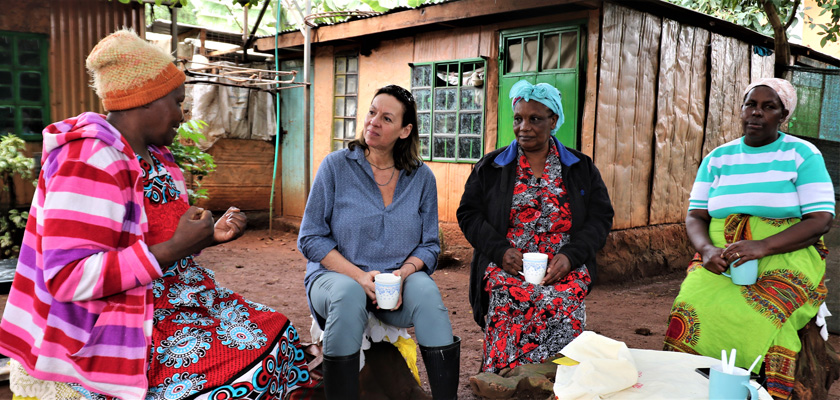
Travel is one of the many industries that has taken a direct hit from COVID-19. It is hard to judge when this will end, what restrictions will be in place when it’s over, and what policies different governments will impose on foreign travelers. However, there is a way to still plan for that next donor trip if you are attentive to certain structures, timelines, and safety. This article will give you a few fundamental tips to examine as you think through how to manage your next donor trip abroad and continue to plan for the future.
Work with professionals
This is no time to make arrangements “in house.” Work with a licensed travel company that has liability insurance and a clear emergency plan in place. Working with a company that is continuously monitoring any travel restrictions or evolving travel policies is critical. Things moved very quickly during the onset of COVID-19, having experts who know what they are doing and can act quickly is essential.
Licensing, insurance, waivers, and a written emergency plan is something that all organizations should vet regardless of global pandemics. However, making sure your partners are prepared specifically for COVID-19, but also for any other challenges such as terrorist attacks, traffic accidents, sick travelers, etc., is essential to being prepared.
Flexibility & Pricing
Make sure you work with a travel company that has created flexible terms for postponement. Most vendors are providing flexible rebooking terms from 6 to 12 months after the originally scheduled dates. You should establish what these terms are before moving onto registration. Terms and conditions vary from country-to-country and hotel-to-hotel.
Keep in mind that rates depend on the season and may increase in each new calendar year. If you are rebooking for a different season with higher prices, you will likely be expected to pay that overage in that cost. Also, travel agents have no control over government taxes, visa costs, or conservation and park fees. This is not something you or they can negotiate – so the future rate might increase according to these factors. It is essential to have a supportive and transparent conversation with your travel partner about these nuances.
Expert tip: It is always a good idea to create a little slush in your pricing to cover any modifications or increases in cost due to unforeseen changes. This will allow you to keep the price constant for travelers if you need to postpone, and the cost increases due to the reasons outlined above.
Insurance
Request that all travelers get cancel for any reason insurance that offers coverage for pandemics. There are insurance brokers that can compare policies and plans on behalf of travelers, so they don’t have to do all of the work researching this. Travel insurance is ALWAYS a good idea! If you want to take this one step further, request that all travelers get a physician’s approval to travel before the journey. Your travel company should be able to provide you with that form.
Use this longer lead time thoughtfully
Thank goodness this problem won’t last forever and start planning for 2021 and beyond. Use this time to plan and do a deep dive on your journey to make this experience transformative. Develop incredible content, experiences, and frameworks for thoughtful debriefs. This is the time to think about your touchpoints before the trip: marketing materials, messaging, and outreach strategy.
Are there questions that you should ask on your registration form to help you better understand their connection to your work? Are there some strategic resources for reading or listening that you want to share in advance of the trip? Now is the time to develop that list. Explore new ways to set the context using guest speakers, journalists, professors, etc. Emphasize designing experiences and debriefs that is about discovery. Work with your staff to talk about what is feasible and what feels too challenging. Make this trip matter more than others!
Live your values through your trip
Eventually, travel will be a considerable part of the solution to rebuilding each other’s livelihoods around the world. Responsible travel will be critical to making sure those most impacted can sustain themselves with dignity. Now is the time to align your trip with travel partners that are actively engaged in examining their operations through the impact they have locally. Responsible travel is more than reducing water bottles or carbon-offsetting your trip. It has to do with social justice, human rights, animal rights, and the principles that uphold and protect the economic dignity of those living there. Now is the time to be informed about your values, and your donor trip must advance these.
We must fight for the world we want to rebuild together, and your trip can be a vital part of this process.
